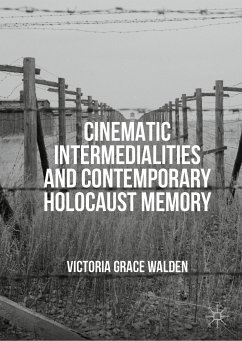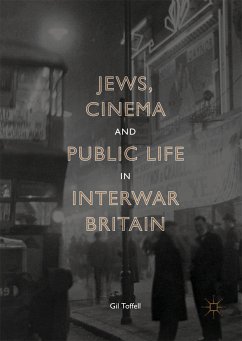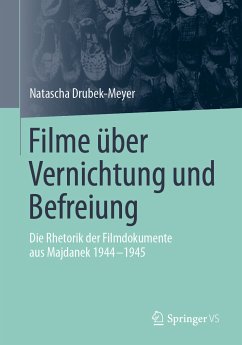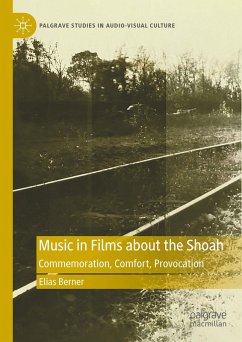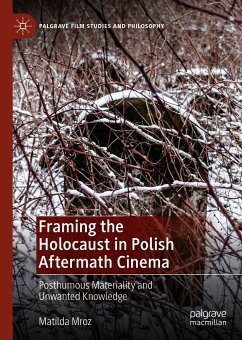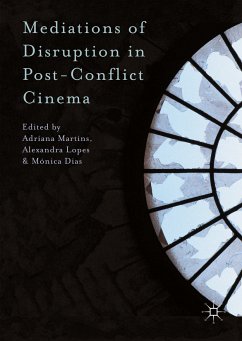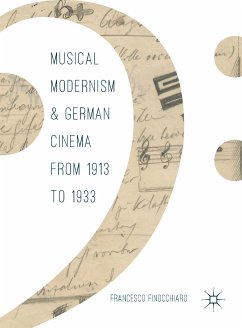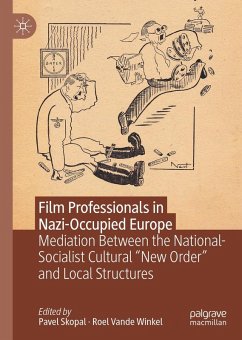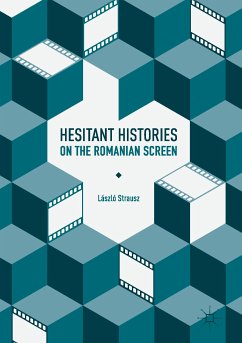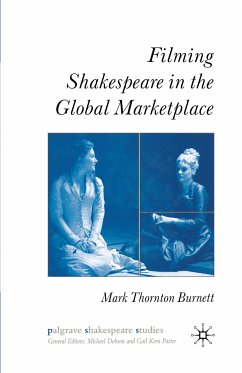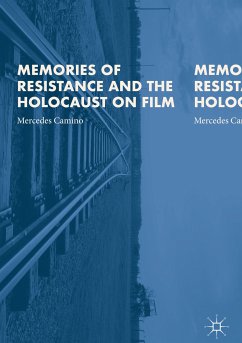
Memories of Resistance and the Holocaust on Film (eBook, PDF)
Versandkostenfrei!
Sofort per Download lieferbar
72,95 €
inkl. MwSt.
Weitere Ausgaben:

PAYBACK Punkte
36 °P sammeln!
- Unique cultural history that links the Holocaust and WWII resistance
- Original treatment of film as historical sources (both primary and secondary)
- Investigation of the role of film in memorialization of WWII and the Holocaust
- Investigation of WWII as civil war
- Research into (real and imagined) roles of civilians in resistance and the Holocaust
- Development of chronotopes in Memorialization of Resistance in WWII and the Holocaust
- Original treatment of film as historical sources (both primary and secondary)
- Investigation of the role of film in memorialization of WWII and the Holocaust
- Investigation of WWII as civil war
- Research into (real and imagined) roles of civilians in resistance and the Holocaust
- Development of chronotopes in Memorialization of Resistance in WWII and the Holocaust
Dieser Download kann aus rechtlichen Gründen nur mit Rechnungsadresse in A, B, BG, CY, CZ, D, DK, EW, E, FIN, F, GR, HR, H, IRL, I, LT, L, LR, M, NL, PL, P, R, S, SLO, SK ausgeliefert werden.



